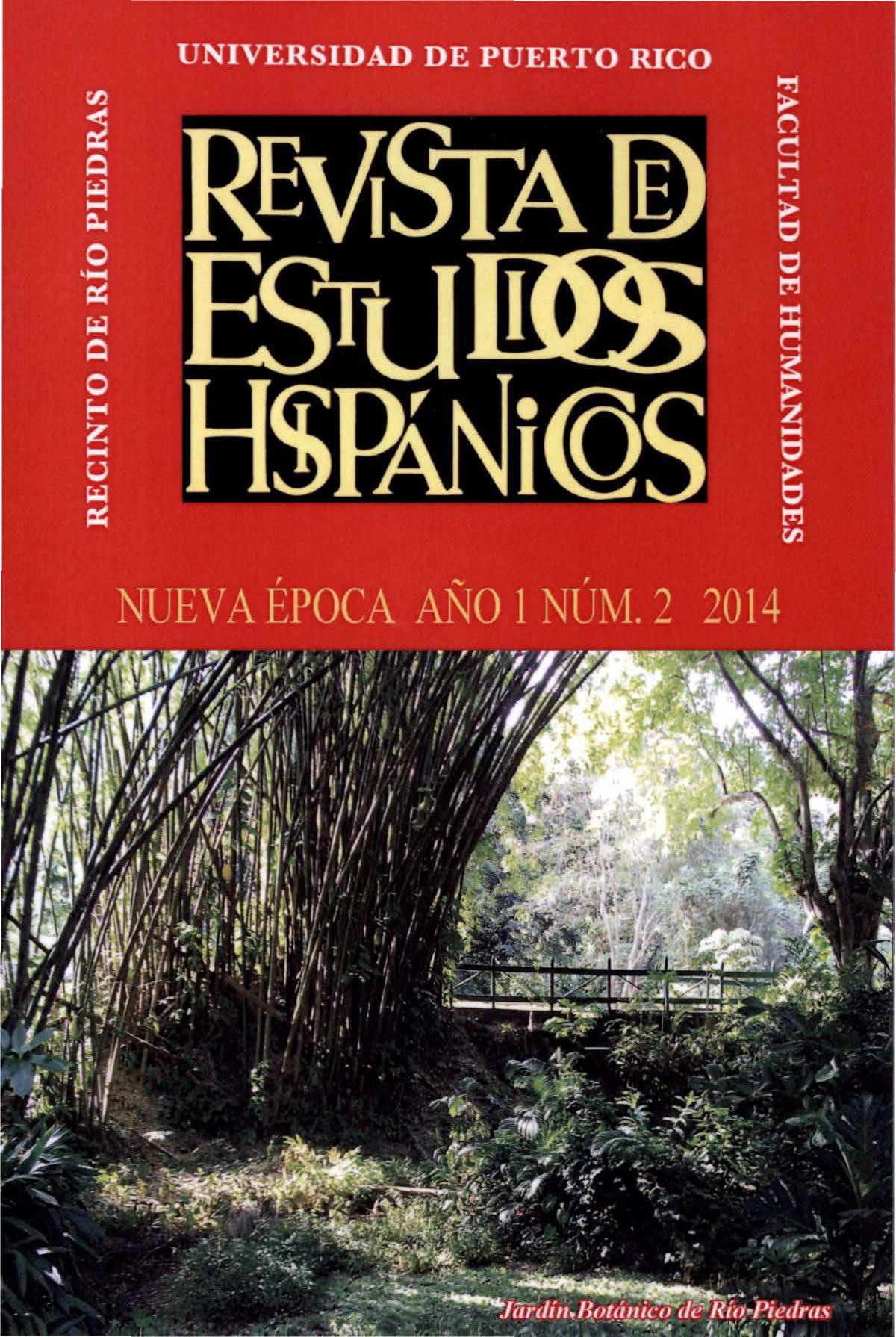Abstract
In this investigation, we aim to prove that different modes of dialogisms work as discursive strategies in order to represent the diversity and plurality in the short story books El rabo de lagartija de aquel famoso señor rector y otros cuentos de orilla and Sobre esta difícil tierra and the novel El sabor del tiempo of the Puerto Rican writer Félix Córdova Iturregui. Specifically, polyphony and heteroglosia function as tools that allow for deconstructing of the discourses of power, to legitimize popular voices and languages and to question different elements of tradition. The variety of languages and voices represented in Cordova Iturregui 's short stories and novel analyzed in this work destabilize and opposed social and cultured categories. These subalterns, through their discursive practices, become subject in the world. In this sense, the narrative voices and the characters assume an active role in the world.This work is licensed under a Creative Commons Attribution-NonCommercial 4.0 International License.
Downloads
Download data is not yet available.

